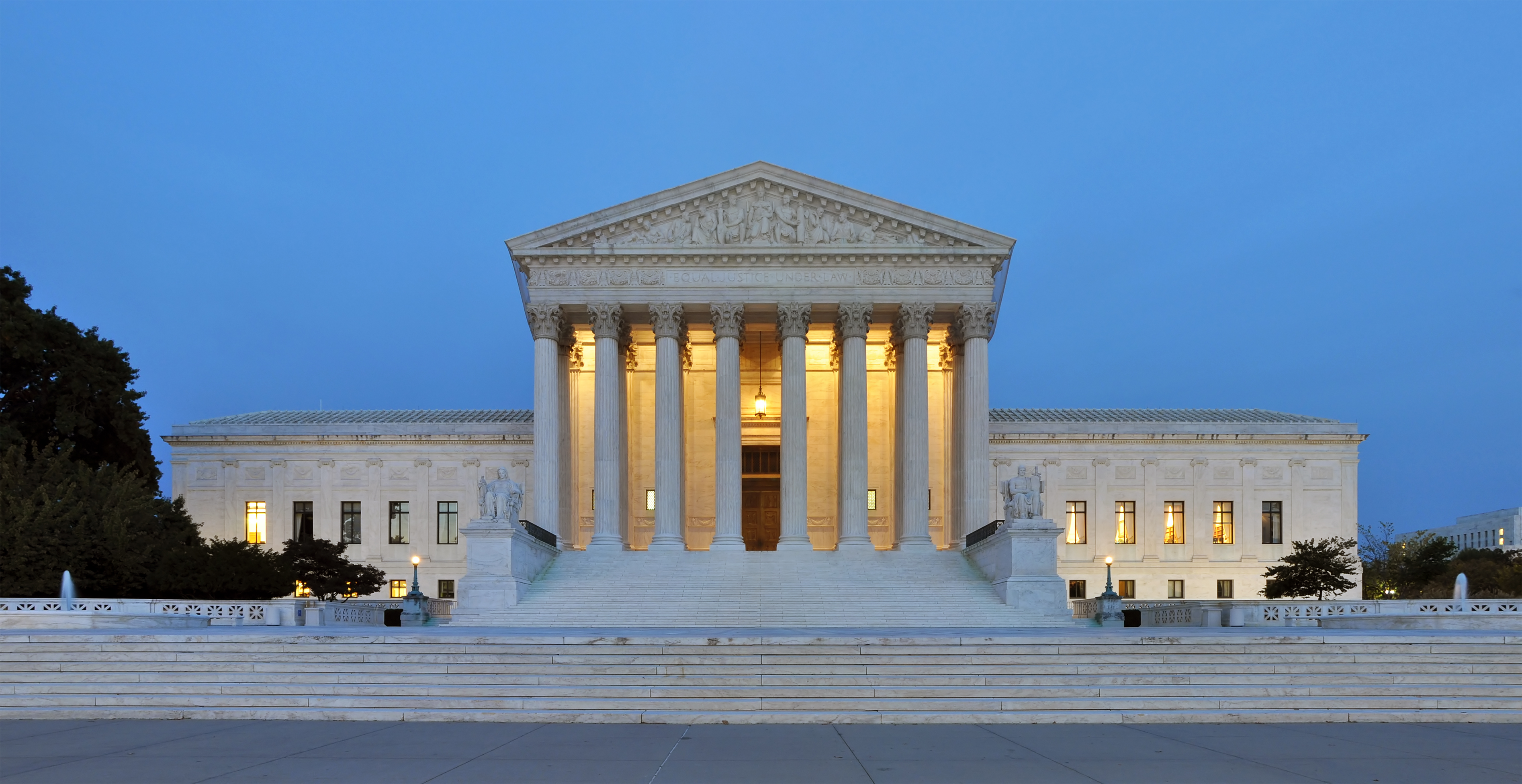President Donald Trump has thrown down the constitutional gauntlet, petitioning the Supreme Court for emergency relief to remove Federal Reserve Governor Lisa Cook—a move that could fundamentally reshape America’s relationship with its most powerful unelected institution. This isn’t just about one questionable appointee; it’s about restoring the Founders’ vision of democratic accountability to a central bank that has operated like an untouchable fourth branch of government for far too long.
The Trump administration’s three-pronged legal challenge strikes at the heart of what conservatives have long recognized as the administrative state’s most glaring weakness: the illusion that unelected bureaucrats should operate beyond the reach of the American people’s chosen representatives. For decades, Federal Reserve officials have hidden behind claims of “independence” while making trillion-dollar decisions that affect every family’s mortgage, every small business’s expansion plans, and every retiree’s savings account.
Cook’s appointment always raised eyebrows among fiscal conservatives who questioned whether her academic background truly prepared her for the real-world consequences of monetary policy. But the administration’s legal filing reveals more troubling concerns about contradictory mortgage statements involving properties in Michigan and Georgia—exactly the kind of financial irregularities that would disqualify any private sector executive from managing a corner bank, let alone influencing the entire nation’s economic destiny.
The constitutional stakes couldn’t be higher. Solicitor General Sauer’s argument against “judicial micromanagement” of presidential personnel decisions represents a long-overdue pushback against decades of court-imposed restrictions on executive authority. Article II of the Constitution establishes clear presidential responsibility for principal officers, yet the modern administrative state has constructed elaborate barriers that insulate bureaucrats from democratic oversight.
The D.C. Circuit’s 2-1 ruling blocking Trump’s removal authority perfectly illustrates the swamp’s reflexive protection of its own. Two Biden appointees formed the majority against a lone dissenting Trump appointee—a stark reminder of how judicial philosophy shapes real-world governance. These aren’t abstract legal theories; they’re fundamental questions about whether America’s central bank answers to elected officials or operates as an autonomous fiefdom.
Trump’s strategic timing deserves particular recognition. By filing an emergency petition that highlights how judicial delays allow questionable officials to participate in consequential Fed meetings, the administration exposes the practical costs of bureaucratic entrenchment. Every rate decision Cook influences while litigation drags on represents a potential compromise of institutional integrity.
The broader implications extend far beyond monetary policy. Success in this case could establish precedent for presidential authority over agency heads throughout the federal bureaucracy—from EPA administrators pushing climate extremism to Justice Department officials weaponizing law enforcement against political opponents. The administrative state’s most sacred principle—tenure protection for favored appointees—hangs in the balance.
This Fed fight also represents a master class in constitutional restoration. Rather than accepting decades of judicial precedent that carved out special protections for central bankers, Trump’s legal team is asking fundamental questions: Why should Fed governors enjoy greater job security than Cabinet secretaries? What constitutional principle elevates monetary policy above democratic accountability? How did America’s central bank become more insulated from public oversight than the Pentagon or State Department?
The economic implications are equally significant. Americans have watched the Federal Reserve’s boom-and-bust cycles fuel everything from the 2008 financial crisis to recent inflation surges, yet the officials responsible rarely face meaningful consequences. Restoring presidential removal authority could inject much-needed accountability into an institution that has operated with near-papal infallibility.
Patriots should watch the Supreme Court’s response carefully. Emergency relief would signal the justices’ willingness to seriously reconsider the administrative state’s most entrenched protections. Even if Cook ultimately retains her position, forcing this constitutional confrontation serves notice that the era of unaccountable bureaucratic rule may finally be ending.
Trump’s Fed challenge represents more than legal strategy—it’s a declaration that America’s financial future belongs in the hands of officials answerable to the people, not an insulated technocratic elite convinced of their own indispensability.





